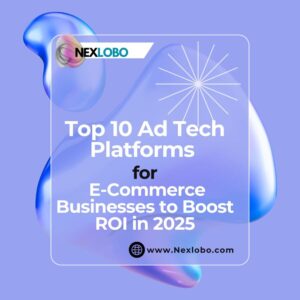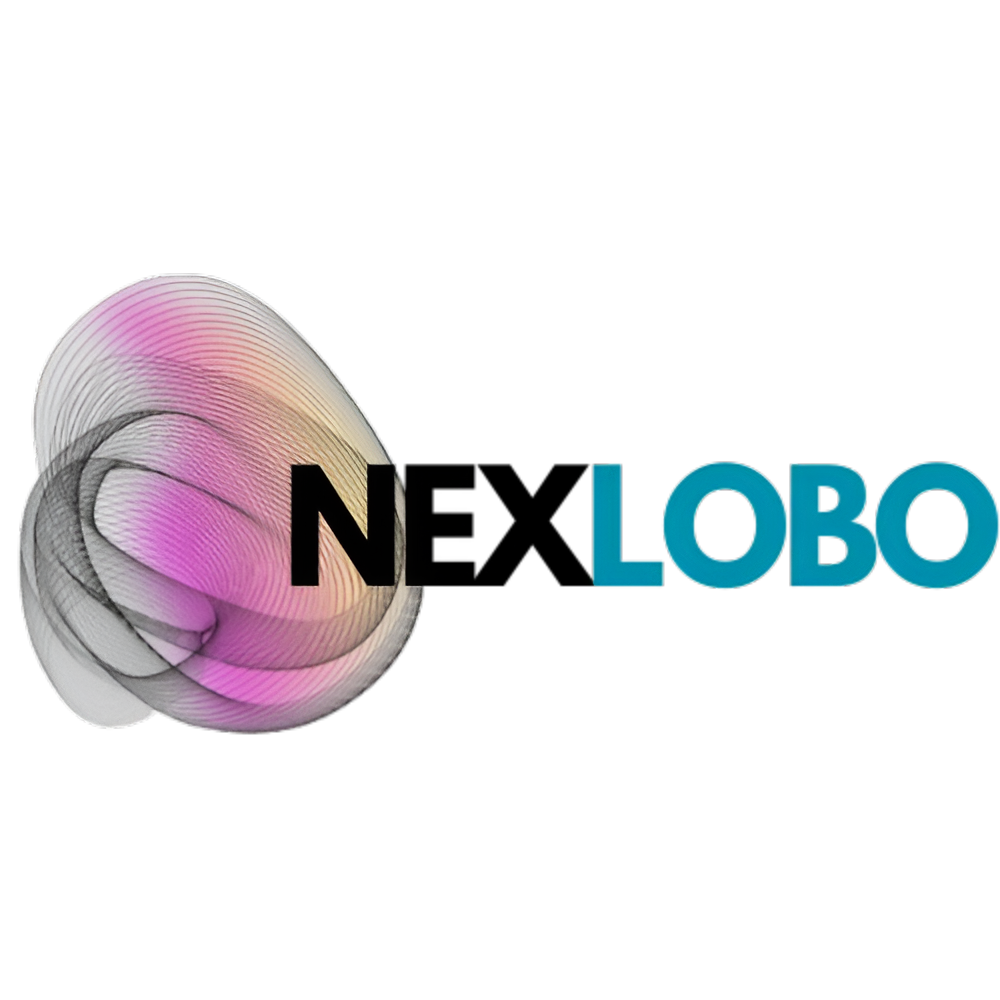Top 10 Ad Tech Platforms for E-Commerce Businesses to Boost ROI in 2025

Introduction: How Ad Tech Platforms Changed My Ad Strategy
When I first started running digital ads for my small e-commerce store, I thought impressions equaled success. I poured thousands into social media ads, Google search campaigns, and retargeting, but my ROI was inconsistent. It wasn’t until I read Top 6 Ways to Reduce Ads Fraud in Digital Campaigns that I realized most of my spend was being lost to bots, fake clicks, and poor segmentation. That moment changed everything. I began exploring ad tech platforms — tools that automate, analyze, and optimize advertising using AI personalization and predictive segmentation. Within weeks, our conversions jumped 42%. The reason? Ad tech platforms helped me reach real customers with precision through automated customer targeting and micro-segmentation.
Here are the top ten ad tech platforms that have completely transformed how I (and many marketers) scale e-commerce success.
1. Google Marketing Platform: The Ad Tech Powerhouse
No list of ad tech platforms is complete without Google Marketing Platform.
It unites Campaign Manager 360, Display & Video 360, and Analytics into one powerhouse system for full-funnel optimization.
Using AI personalization and automated customer targeting, it enables brands to identify micro-segments and deliver personalized messages in real time.
Pro Tip: Link GA4 with Display & Video 360 to combine behavioral data with programmatic ad performance.
2. The Trade Desk: Predictive Segmentation That Works
The Trade Desk is one of my favorite ad tech platforms because it takes predictive segmentation to another level.
I once worked with a home-décor client using The Trade Desk’s audience insights. Within a month, we achieved a 35% higher CTR simply by leveraging its machine-learning-based targeting.
This platform shines for omnichannel campaigns — video, connected TV, display, and even podcasts — all optimized through automated algorithms that identify the highest-value customers.
3. Amazon DSP: AI Personalization Meets E-Commerce Data
Amazon DSP is among the most data-driven ad tech platforms available. It uses Amazon’s first-party purchase intent data to target high-intent buyers across the web.
A fashion client I managed saw conversions rise 40% after integrating AI personalization to serve ads based on shopping behavior. Predictive segmentation also helped eliminate wasted impressions on low-intent users.
4. Criteo Commerce Growth: Micro-Segmentation in Action
Criteo is a retargeting giant — and one of the ad tech platforms built entirely around micro-segmentation.
When a shopper leaves your site without purchasing, Criteo dynamically displays personalized ads to bring them back. For one beauty brand, I saw a 27% increase in cart recovery within three weeks.
Its AI personalization engine uses real-time data to predict what each customer is most likely to buy next — the essence of predictive segmentation.
5. MediaMath: Trusted Transparency for Advertisers
MediaMath has long been one of the most trusted ad tech platforms for enterprise advertisers.
It gives brands total visibility into their programmatic supply chain, ensuring no budget is lost to fraud or non-viewable impressions. With built-in fraud filters and open architecture, it’s ideal for e-commerce businesses that value transparency.
Its automated customer targeting helps advertisers build high-trust, brand-safe campaigns while protecting every ad dollar.
6. Adobe Advertising Cloud: AI Personalization at Scale
Adobe Advertising Cloud combines creativity, data, and automation into one system.
Its AI engine, Adobe Sensei, powers dynamic ad delivery and real-time optimization across devices. What makes it stand out among ad tech platforms is its deep integration with creative tools like Photoshop and Illustrator — giving marketers the power to merge storytelling with predictive segmentation.
When I helped a client integrate it with Adobe Analytics, they achieved 50% faster decision-making through unified audience insights.
7. StackAdapt: Simplified Programmatic Automation
StackAdapt is one of the easiest ad tech platforms for small and mid-sized e-commerce brands to master.
Its self-serve dashboard uses machine learning for automated customer targeting across native, display, and video formats. I personally love its intuitive reporting and visualization tools.
With StackAdapt, even small teams can apply predictive segmentation strategies to identify and convert high-value micro-audiences.
8. Quantcast Platform: Predictive AI for Smarter Targeting
Quantcast stands out among ad tech platforms for its predictive AI and audience analytics.
It automatically analyzes millions of data points to identify emerging trends, behaviors, and interests. For an online footwear brand I consulted, Quantcast increased repeat purchases by 22% using automated customer targeting and AI personalization.
This kind of deep, behavior-based insight lets marketers build campaigns that evolve with consumer intent in real time.
9. PubMatic: Transparency and Fraud Prevention
PubMatic is another leader among ad tech platforms, known for bringing transparency to the advertising supply chain.
Its technology supports header bidding, which allows advertisers to compete fairly for impressions — boosting efficiency and ROI. If you’re new to the concept, I highly recommend reading Top 5 Benefits of Header Bidding for Publishers.
PubMatic also integrates AI-based traffic analysis, helping advertisers reduce fraud and improve performance with data-driven clarity.
10. OpenX: Sustainable and High-Quality Ad Tech
OpenX earns its place among top ad tech platforms for its commitment to sustainability and speed.
By shifting to cloud infrastructure, OpenX reduced latency while cutting carbon emissions by over 90%. Its predictive segmentation tools ensure that campaigns reach the right audience efficiently — while supporting eco-friendly operations.
OpenX’s combination of automation and trust makes it an essential tool for ethical, growth-focused advertisers.
FAQs About Ad Tech Platforms
Q1. What are ad tech platforms?
They’re tools that automate, optimize, and analyze digital ads using AI personalization and real-time data.
Q2. How do ad tech platforms help e-commerce businesses?
They use predictive segmentation and automated customer targeting to reach the most profitable audiences efficiently.
Q3. Which ad tech platforms reduce fraud?
MediaMath and PubMatic are excellent for fraud detection and traffic quality assurance.
Q4. Are ad tech platforms beginner-friendly?
Yes — Google Marketing Platform, StackAdapt, and Criteo are ideal starting points for small businesses.
Q5. How can I use AI personalization effectively?
Use AI tools within these platforms to segment customers, personalize messaging, and track engagement in real time.
Conclusion: Smarter Ads, Stronger Growth
From personal experience, adopting ad tech platforms has been a game-changer. They helped me cut ad waste, scale campaigns faster, and connect with real buyers instead of bots.
As e-commerce evolves, success will depend on predictive segmentation, AI personalization, and automated customer targeting — the core technologies driving modern advertising.
If you’re serious about building trust, reducing waste, and boosting ROI, start testing these ad tech platforms today.
To continue learning, explore how publishers boost revenue through smarter strategies: Top 5 Benefits of Header Bidding for Publishers.







Leave a Reply